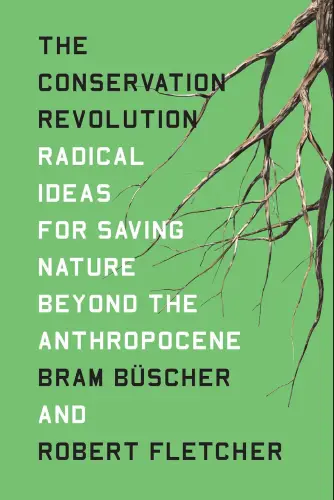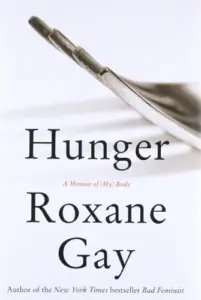The Conservation Revolution
Book Author: Bram Büscher, Robert Fletcher
Summary reviewed by:
Terrence Timmons
Terrence Timmons
Analyst
Bachelor of Arts (BA), University Of California, Santa Barbara 2019
With over 4 years of experience as an analyst. Terrence Timmons is committed to analyzing summaries without compromising on quality.
The Conservation Revolution: Summary
Imagine a world where the conservation of nature doesn't contribute to the very crises it aims to solve but thrives in harmony with human development. This is not a utopian dream but the compelling thesis at the heart of "The Conservation Revolution" by Bram Büscher and Robert Fletcher. Drawing upon their extensive backgrounds in environmental science and social research, Büscher and Fletcher critique contemporary conservation practices and propose an innovative approach they term 'convivial conservation.' This model advocates for transforming conservation into a practice that supports both biodiversity and social equity, moving beyond the traditional nature-culture divide.
The authors' expertise lends them a credible voice in this discourse. Büscher, as a professor of Sociology of Development and Change, and Fletcher, an environmental social scientist, bring a wealth of academic and field experience to the table. They utilize an array of scientific theories, including political ecology, conservation biology, and social theory, to underpin their arguments, offering a well-rounded perspective on the challenges and opportunities within conservation efforts.
"The Conservation Revolution" is not just a critique but a constructive roadmap towards achieving a more equitable and sustainable conservation model. It suggests specific strategies for overcoming the inherent contradictions of neoliberal conservation, such as the commodification of nature. Through case studies and examples, the authors illustrate how integrating local communities into conservation efforts, promoting biodiversity, and fostering sustainable development can be mutually beneficial. They emphasize the importance of reimagining conservation as a communal effort, where humans and nature coexist in a relationship defined by respect and reciprocity.
The book is practical and actionable, guiding readers through the steps necessary to implement convivial conservation in various contexts. It provides tools, exercises, and practical steps for readers to engage with, from community-based conservation projects to policy advocacy. Büscher and Fletcher challenge the reader to reconsider their own roles in the conservation narrative, encouraging a shift from passive observers to active participants in the crafting of a new conservation ethos that is both hopeful and achievable.
The Conservation Revolution: Genres
Environmental Studies
Conservation
Social Sciences
Environmental Literature
Social Critique
The Conservation Revolution: Themes
Convivial Conservation: The book introduces this as a transformative approach that integrates human well-being with the conservation of nature. Unlike traditional conservation methods that often sideline human communities, convivial conservation promotes biodiversity alongside social equity.
Critique of Neoliberal Conservation: Büscher and Fletcher dissect the pitfalls of current conservation practices dominated by market-based solutions, arguing that these often exacerbate environmental degradation and social inequality.
Biodiversity and Human Rights: The authors explore the intrinsic link between the preservation of biodiversity and the protection of human rights, demonstrating through case studies how conservation efforts can and should benefit local communities.
Sustainability and Development: This theme delves into the relationship between sustainable development and conservation, proposing that true sustainability cannot be achieved without rethinking conservation practices to be more inclusive and equitable.
Community Engagement: Highlighting examples from around the globe, the book showcases the critical role of local communities in successful conservation efforts and calls for their empowerment and involvement as key stakeholders in the conservation process.
The Conservation Revolution: Methodology
In penning the synopsis for "The Conservation Revolution," we embarked on an intellectual voyage, guided by the curiosity and passions of you, our reader.
This journey was underpinned by an expert analysis from our diverse team, who dove deep into the environmental and social quandaries Büscher and Fletcher address, extracting the essence of convivial conservation and its critique against neoliberal conservation practices.
This synthesis process distilled the book’s rich insights into actionable wisdom, reflecting our commitment to not only enlighten but also empower our audience with knowledge that transcends the pages, fostering a deeper understanding and engagement with the world's pressing environmental challenges.


The Conservation Revolution
Date Published: 2020
Disclaimer: As an Amazon Associate I earn from qualifying purchases.




